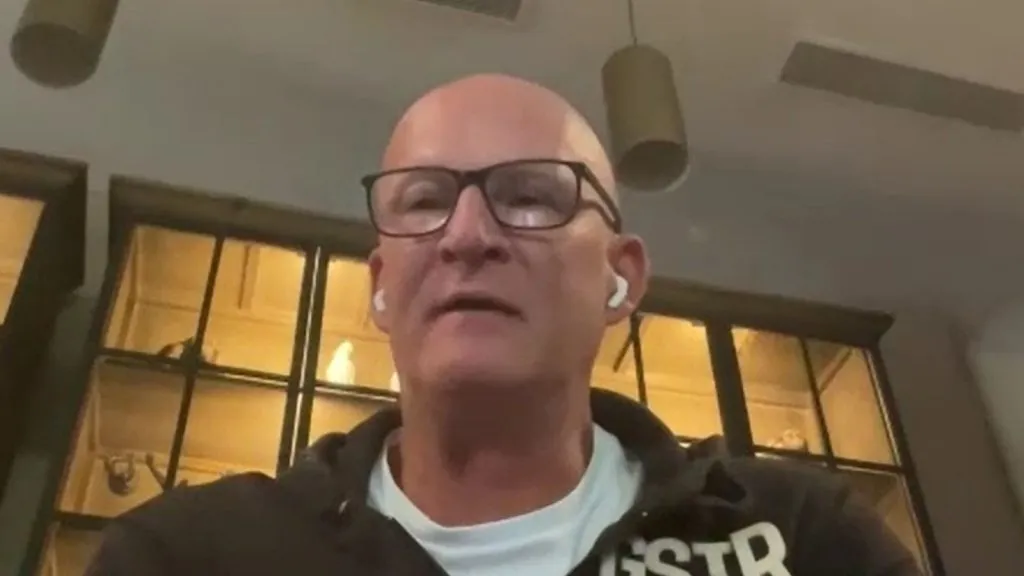Former Sunderland head coach Simon Grayson has opened up about running the club while filming hit Netflix documentary Sunderland Until I Die.
The breathtaking show documents the club’s trials and tribulations on and off the pitch, but also highlights their impact on non-football staff, supporters and the wider community.
The first season documented their relegation from the Championship in 2017/18 before the second season documented their attempt to gain promotion from League One the following year.
The series returns to Netflix on Tuesday (February 13), with season three picking up the story of the 2021/22 campaign and Sunderland looking to finally win promotion to League One at the Fourth Question.
What was it like on the other side of the camera?
Grayson was the club’s manager at the start of the 2017/18 campaign, inheriting a team that had just been relegated from the Premier League.
With a major squad overhaul needed that summer and off-field chaos as Ellis Short’s ownership of the club entered its final year, what was it like for Grayson trying to work under the watchful eye of the Netflix cameras?

“The outcome they expected from the documentary was that they would get promoted to the Premier League, but it didn’t go as planned.
“It was just one of those things you had to put up with. I couldn’t stop this from happening, but I stopped certain things from being published that I didn’t want to be published.
“Cameras were never allowed in the dressing rooms, they didn’t come into training too much, because there are certain parts of the football dressing room that people don’t need to know.
“What happens in the dressing room sometimes stays there. It hasn’t been easy, but when these documentaries come out, it’s also about how they’re produced.
Grayson’s tenure at Sunderland was short-lived. He lasted just 18 games in charge and Sunderland won just one of his first 15 league games.
The documentary shows former chief executive Martin Bain making the decision to sack Grayson after a 3-3 draw at home to Bolton Wanderers in October 2017.
However, Grayson was still under contract to film the documentary for the rest of the season and revealed that he had to film scenes after his sacking where he had to act as if he was still Sunderland’s manager.
“It depends on how people perceive you,” he added. “I did an interview that came out and it was on the documentary. People thought I was giving a presentation on a flipchart an hour and a half before kick-off.
“It was done five hours before a pre-season game and we made bullet points to remind the players what the most important parts of the season were.
“When I left I was still under contract to do the documentary and they told me to turn up in three different shirts at a hotel in London and do three different interviews as if it were three different months of the season.
“People say I didn’t seem very enthusiastic in those interviews. You won’t praise a club that sacked you two months ago.
“I remember watching us score at Norwich and they did it to me on the bench and I’m sitting on the golden chairs at Hull City. Little things like that are not good, but I don’t agree with them.
But while the editing process left Grayson frustrated, he believes these flying documentaries have enormous value for fans of football .
“It’s a real eye-opener for the fans because you see things you’ll never see behind the scenes,” he added. “I agree that’s a good way to do it, but it just depends on how they’re produced.
“Fulwell 73 were Sunderland supporters but it wasn’t a club documentary. I’m not going to try Fulwell 73 because they’re Sunderland supporters, they can get away with it however they want.
The third season of Sunderland Until I Die premieres on Netflix on Tuesday, February 13.












